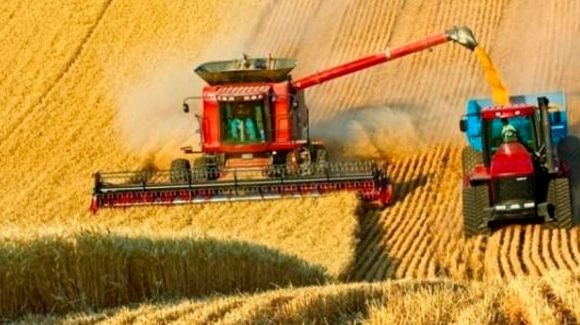A farm bill is a collection of new laws and amendments to longstanding laws that set the overall direction of federal food and farm policy for a specified number of years. Farm bills typically contain not only commodity price and income support provisions, but also provisions on agricultural trade, rural development, domestic food assistance, foreign food aid, conservation, crop insurance, farm credit, forestry, and agricultural research. The heart of most farm bills, however, is farm income and commodity price support policy.
Farm income support programs make payments to farmers to supplement their income without directly supporting commodity market prices. This type of support includes: (1) production flexibility contract (PFC) payments to wheat, feedgrain, cotton, and rice farmers; (2) loan deficiency payments for contract crops and oilseeds when market prices are lower than loan rates; (3) disaster relief payments; and (4) in recent years, ad hoc emergency “market loss payments.” Commodity price support programs directly impact the price of commodities by setting minimum prices, restricting production or sales, and/or regulating imports. These include the milk, peanut, sugar, and tobacco programs. Some farmers also receive federal payments for taking environmentally sensitive land out of production, for example, under the conservation reserve program.





